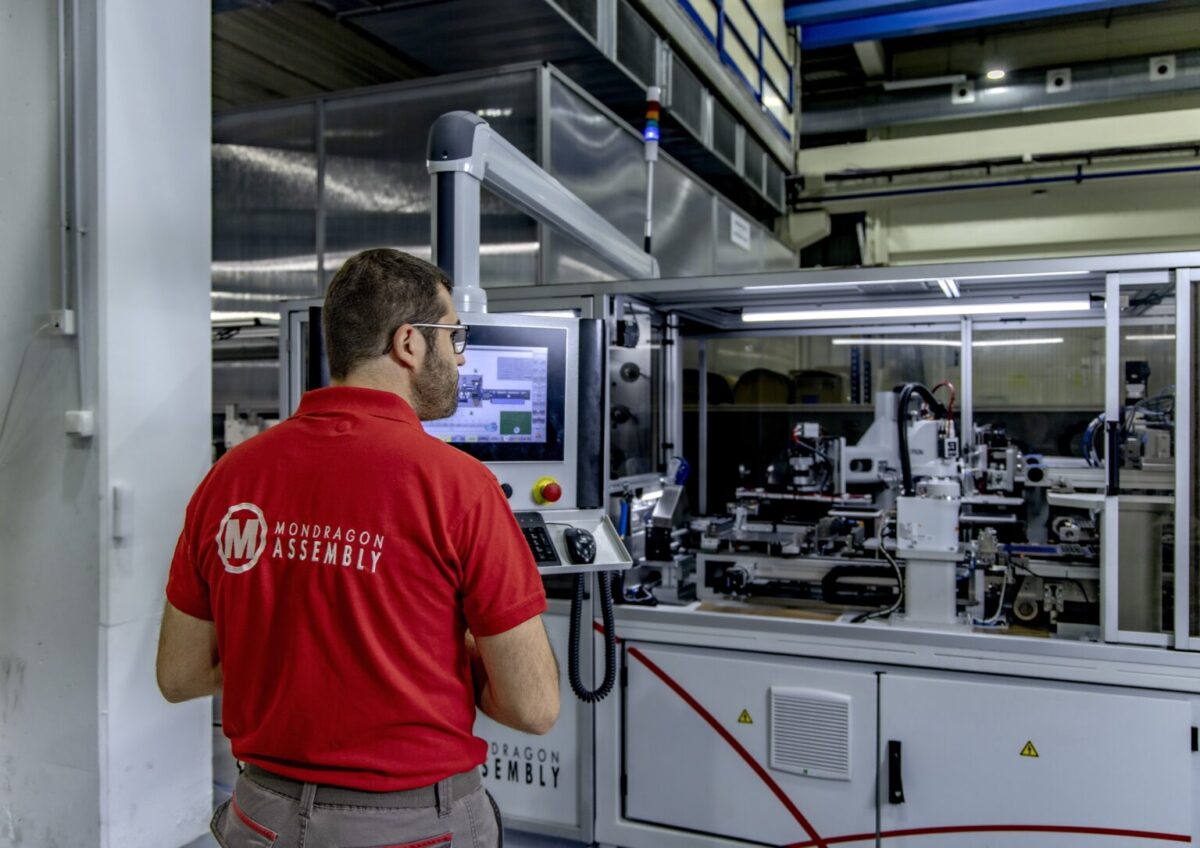In January, a European consortium with 11 partners from industry, academia, non-profit and research institutes, launched a three-year project with a budget of €9 million ($9.84 million) to demonstrate the viability of tapping into PV panel recycling for silicon supply.
Dubbed Fostering A Recycled European Silicon Supply (FORESi), the project considers all the technical, economic and environmental aspects of recycling and re-using end-of-life modules.
It has several enabling technology goals. Building on an assessment of state-of-the-art European practices for the recycling of end-of-life PV panels, the team will develop a system that tests panels for reuse or repair. A process will be developed to dismantle to extract the raw material silicon from the non-reusable panels. In addition, new technologies will be utilized to purify the silicon to a level of purity sufficient to produce new PV panels and batteries, according to the project team.
The consortium members include Beglium-based Recma, Latvia-based Latvijas Tehnologiskais Centrs Nodibinajums, Hungary-based Bay Zoltan Alkalmazott Kutatasi Kozhasznu Nonprofit Kft, Italy-based Applied Materials Italia, Slovakia-based Slovenska Technicka Univerzita V Bratislave, along with several France-based entities, including Boralex, Mondragon Assembly France, Carbon, Hespul Association, and Commissariat à l'énergie atomique et aux énergies alternatives (CEA).
Popular content
The project coordinator is Sipow, a Norwegian startup company that aims to produce monocrystalline pure silicon combining innovative low-cost methods with silicon recovered from end-of-life solar panel waste scrap.
The project is one of the latest groups to pursue innovative end-of-life solutions for PV panels. Others include France-based Rosi Solar and Italy’s Tialpi, as well as Japan’s Rexia Corporation, a joint venture between conglomerates Marubeni Corporation and Hamada. Others include research groups at the U.S. Department of Energy’s National Renewable Energy Laboratory (NREL) and Australia's University of New South Wales.
This content is protected by copyright and may not be reused. If you want to cooperate with us and would like to reuse some of our content, please contact: editors@pv-magazine.com.


1 comment
By submitting this form you agree to pv magazine using your data for the purposes of publishing your comment.
Your personal data will only be disclosed or otherwise transmitted to third parties for the purposes of spam filtering or if this is necessary for technical maintenance of the website. Any other transfer to third parties will not take place unless this is justified on the basis of applicable data protection regulations or if pv magazine is legally obliged to do so.
You may revoke this consent at any time with effect for the future, in which case your personal data will be deleted immediately. Otherwise, your data will be deleted if pv magazine has processed your request or the purpose of data storage is fulfilled.
Further information on data privacy can be found in our Data Protection Policy.